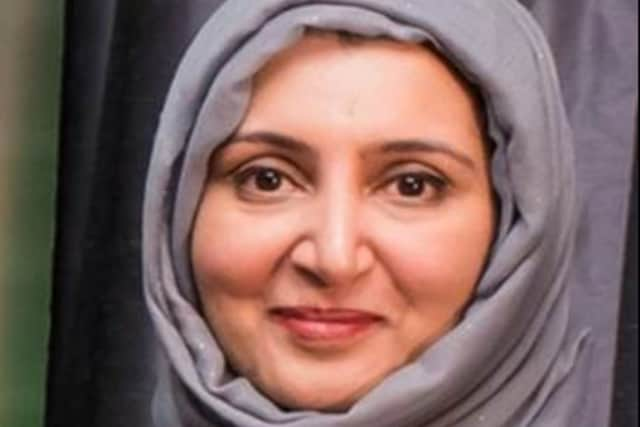Plans progress for Glasgow memorial to ‘forgotten soldiers’ from world wars


What are the plans: The charity Colourful Heritage and its partners are planning to build Scotland’s first permanent memorial to recognise the service and sacrifice of over 4 million soldiers from the British Indo Pak Army (BIA) who fought in both world wars.
There has been an overwhelmingly positive response to the proposal, which has also received 101 designs and ideas sent in by school pupils or youngsters about what they feel should represent a suitable memorial.
Advertisement
Hide AdAdvertisement
Hide AdWho has been consulted: Colourful Heritage has engaged with people on social media and also established a working group which includes Armed Forces representatives, Glasgow politicians and members of the Muslim and Sikh communities.
What are the next steps: The charity is now seeking an artist to finalise a detailed design, before formally submitting proposals to Glasgow City Council.
A number of potential locations are being considered for the memorial, including George Square and the grounds of Kelvingrove Art Gallery and Museum.
Why do they want a memorial: Hindus, Muslims, Sikhs, Christians, Gurkhas and more from a range of nations fought alongside British troops in the world wars, and more than 160,000 soldiers lost their lives. They travelled halfway around the world to fight alongside British forces.
Advertisement
Hide AdAdvertisement
Hide AdHowever, there is no permanent memorial in Scotland to commemorate their sacrifice, or the service of all those from varying faiths who answered the call for volunteers from what was then the joint Indian and Pakistan subcontinents.
Scotland has a special connection with the BIA through an Indian Muslim regiment from the Punjab called ‘Force K6’ who were a mule transport corps during World War II.
Thirteen soldiers from ‘Force K6’ died in Scotland while training in harsh conditions with British troops, after being evacuated from Dunkirk.
Nine are buried at Kingussie Cemetery, which is the single largest graveyard in the UK where Force K6 soldiers are laid to rest. The other four soldiers are buried in cemeteries across Aberdeenshire, Sutherland, and Banffshire. What does Colourful Heritage say: Dr Saqib Razzaq, project officer of Colourful Heritage, said: “There has been an overwhelmingly positive response from communities in Scotland to our plan for a permanent memorial.
Advertisement
Hide AdAdvertisement
Hide Ad“Our wartime history should never forget the soldiers who answered the call from south Asia and came to Britain’s aid.
“And in Scotland we have a special connection to the British Indian Army with Force K6 soldiers based here after Dunkirk.
“Scotland has a diverse history, and a permanent memorial in Glasgow will not only serve as an important reminder of that, but it will give people from every faith a sense of belonging.
“If anyone is ever asked ‘what have South Asian migrants ever done for Britain?’ they will have the answer.”
Comment Guidelines
National World encourages reader discussion on our stories. User feedback, insights and back-and-forth exchanges add a rich layer of context to reporting. Please review our Community Guidelines before commenting.